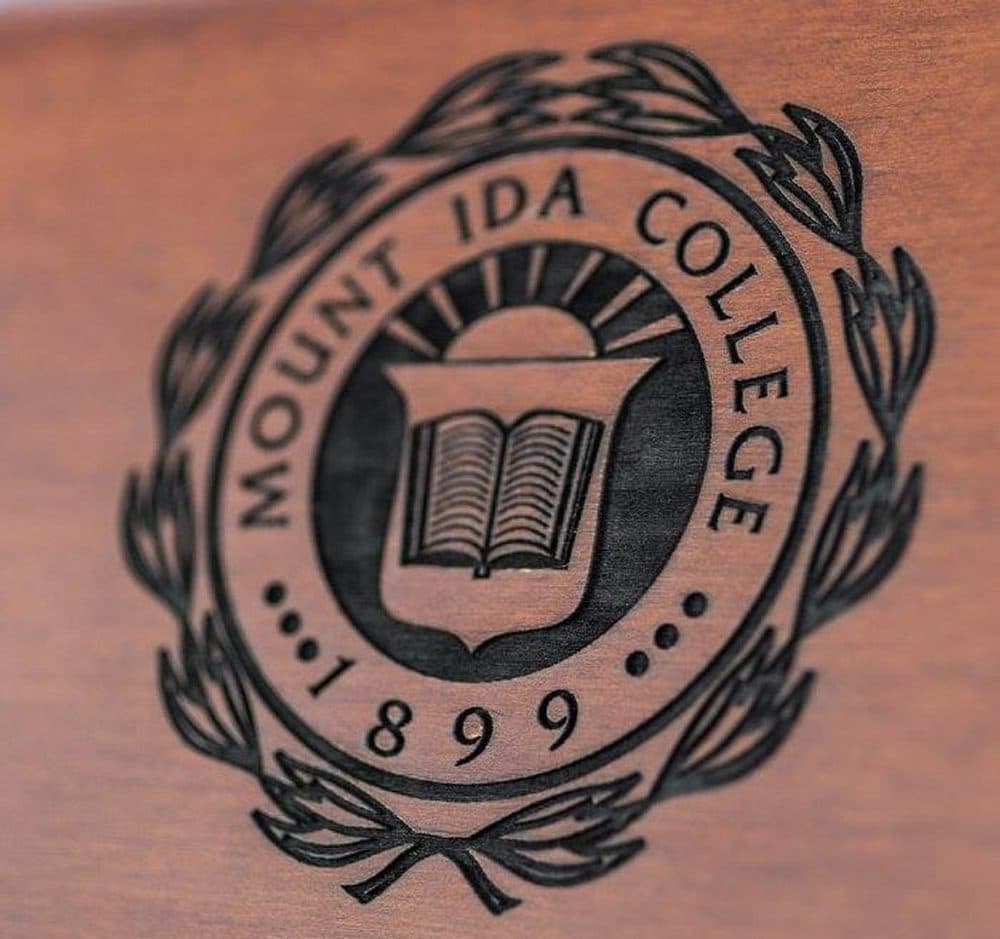Advertisement
First Circuit Court Of Appeals Hears Oral Arguments In Former Mount Ida Students' Lawsuit

A three judge panel in the First Circuit Court of Appeals heard oral arguments Monday in the class action lawsuit against Mount Ida College and several of its former leaders. The now shuttered school announced its abrupt closure in April 2018 leaving many of its 1400 students scrambling to find a path to finish their degrees.
A group of former Mount Ida students filed the lawsuit last year, making several allegations of breach of contract including fraud and negligent representation for not adequately disclosing that the college didn't have the means to stay open long enough for students to earn a degree. The students are asking the judges to remand the matter back to district court where it can get a full trial.
The lawsuit is funded by Bob Hildreth, aprincipal funder of WBUR's Edify as well as nonprofit organizations focused on helping low-income students earn college degrees.
Most of the questioning from the appeals court judges centered around the fraud allegations in the lawsuit.
"We're saying there was fraud. And we're saying that because they didn't make disclosures. They had a duty to tell someone," said Garrick, an attorney representing the former Mount Ida students. He argued the school failed to inform the Massachusetts Board of Higher Education when they knew they might close.
Garrick also argued the school didn't do enough to notify students and staff about the school's financial struggles. Judge Norman Stahl pushed back and pointed out that audits, which included financial information, were available on the state Attorney General's website on an annual basis. But Garrick maintained that the information wasn't in a place that could be easily found by current and prospective students.
The judges also questioned attorneys representing Mount Ida about why officials didn't notify the Massachusetts Board of Higher Education about the fact that the institution might close, pointing out that regulations at the time required the disclosure. The board only learned about the school's closure after the information was made public.
"If they knew they may close, then don't you agree they had a duty to notify the [the state]?" asked Judge William Kayatta.
Attorney Jeremy Sternberg pushed back on the argument. "Knowing you may close is a very fuzzy concept," he said. "The clear obligation is to file our financials to the Attorney General's office. We did that."
A federal judge dismissed the lawsuit last May saying, "merely paying tuition in exchange for an education does not create a contract." That ruling reaffirmed previous court decisions that schools in Massachusetts don't have a fiduciary dutyto students.
The appeals court judges Monday also had several questions about exactly whether a contract was violated.
"The basic promise is you could work toward a degree and they did. They did make progress," said Judge Sandra Lynch.
Joshua Garrick, the plaintiffs' attorney, argued students are expecting several benefits when they enroll in a college. "There are items of value like GPA at stake," he said.
After Monday's proceedings concluded, Sternberg and the other attorneys representing Mount Ida leadership declined to provide further comment.
Joshua Garrick, an attorney representing the students, said "I feel confident this is something the court of appeals understood."
A ruling is expected in the coming months.
